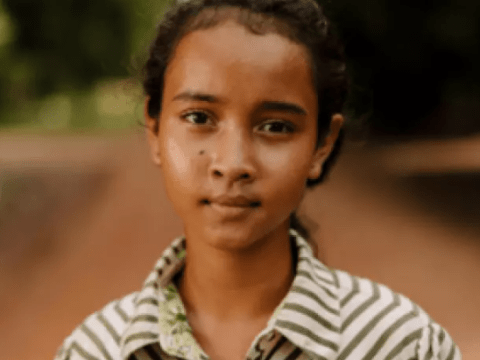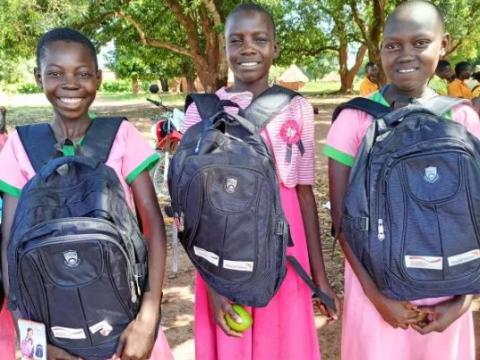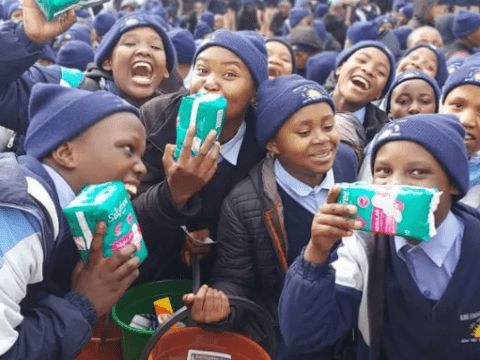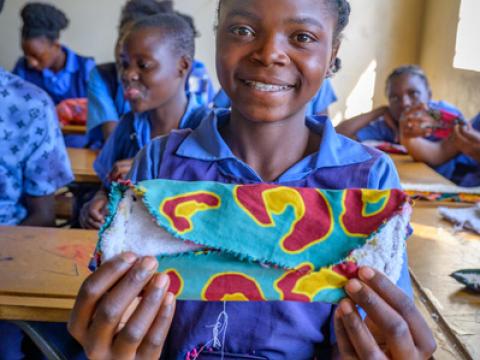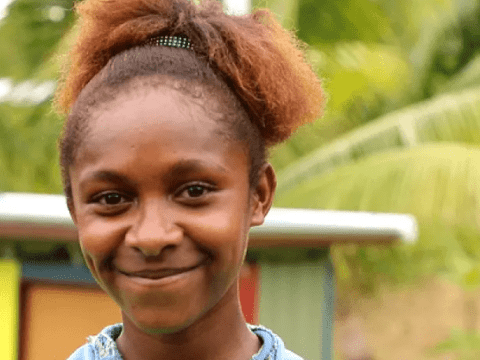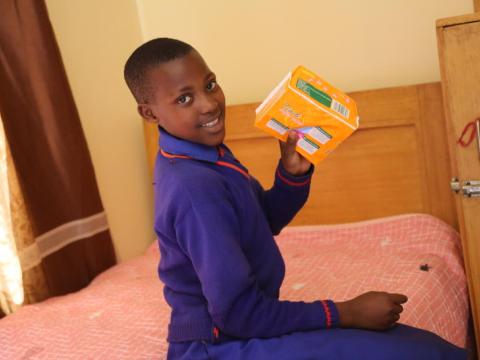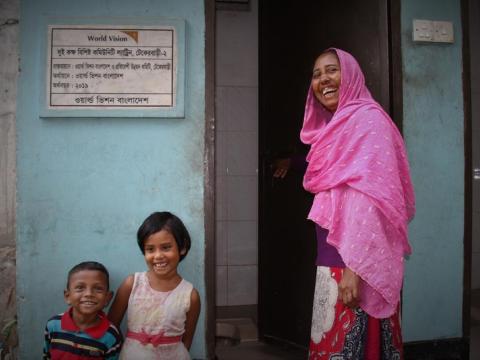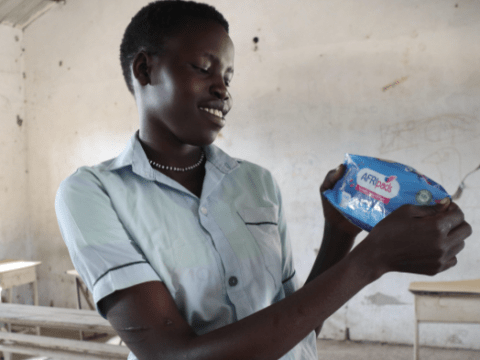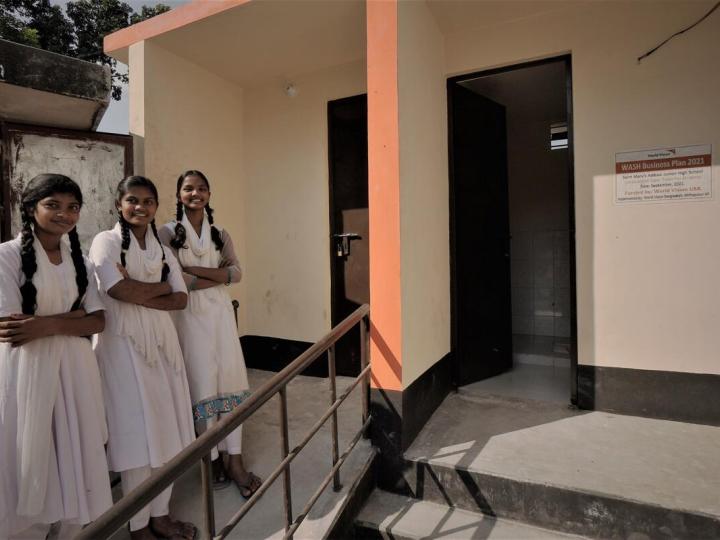
Menstrual Hygiene
What is Menstrual Hygiene?
Menstrual hygiene is vital to the empowerment and well-being of women and girls worldwide. It is about more than just access to sanitary pads and appropriate toilets – though those are important. It is also about ensuring women and girls live in an environment that values and supports their ability to manage their menstruation with dignity.
Globally, at least 500 million women and girls lack proper access to menstrual hygiene facilities and more than one-third of schools lack single-sex toilets. For adolescent girls, the presence of a safe water supply and clean, functioning, private toilet facilities for managing their menstruation can be the difference between dropping out and getting an education. Additionally, lack of proper menstrual hygiene products increases risk of reproductive and urinary tract infections.
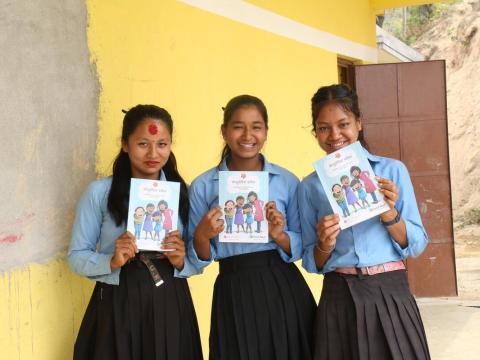
Our Approach
At World Vision we believe all women and girls have the right to menstruate with confidence, with dignity and with support.
Our programmes address all aspects of menstrual health and hygiene including policy and advocacy, timely and accurate knowledge about menstruation, social norms around menstruation, access to safe and affordable menstrual hygiene materials, and access to sanitation and washing facilities.
Global Facts:
- Worldwide, about 1.8 billion people menstruate each month
- An estimated 500 million people lack access to menstrual products and adequate facilities for menstrual hygiene management
- Poor menstrual hygiene can pose health risks such as urinary or reproductive tract infections
- Stigma, taboos and shame can prevent girls from learning accurate information about menstruation and developing healthy habits
- One in five adolescent girls and women in rural Ethiopia uses no menstrual materials during menstruation
- In Bangladesh, less than half of women and girls participate in regular activities during their menstruation
- One in four adolescent girls and women in Burkina Faso lacks a private place to wash and change during menstruation
Sources: World Bank, WHO/UNICEF JMP
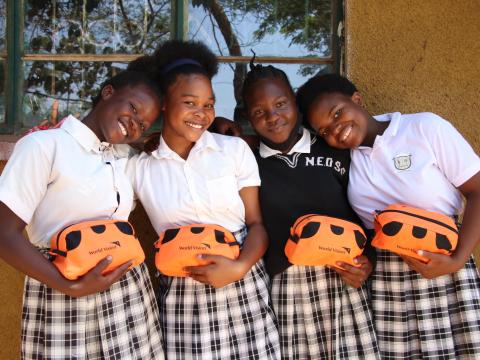
WASH UP! Girl Talk
Menstrual hygiene in schools
In partnership with Sesame Workshop, WASH UP! Girl Talk provides an interactive and fun educational experience focusing on puberty, menstrual health and hygiene, and girls’ empowerment.
Lack of access to WASH infrastructure, inadequate menstrual hygiene knowledge, and limited resources to manage menstrual hygiene are compounded by a lack of accurate information and a culture of silence. As a result, many girls begin menstruating with fear, pain and shame. Through Girl Talk, World Vision’s presence in hard-to-reach schools is combined with the power of Sesame Workshop’s beloved characters and child-friendly messaging. Read more here.
